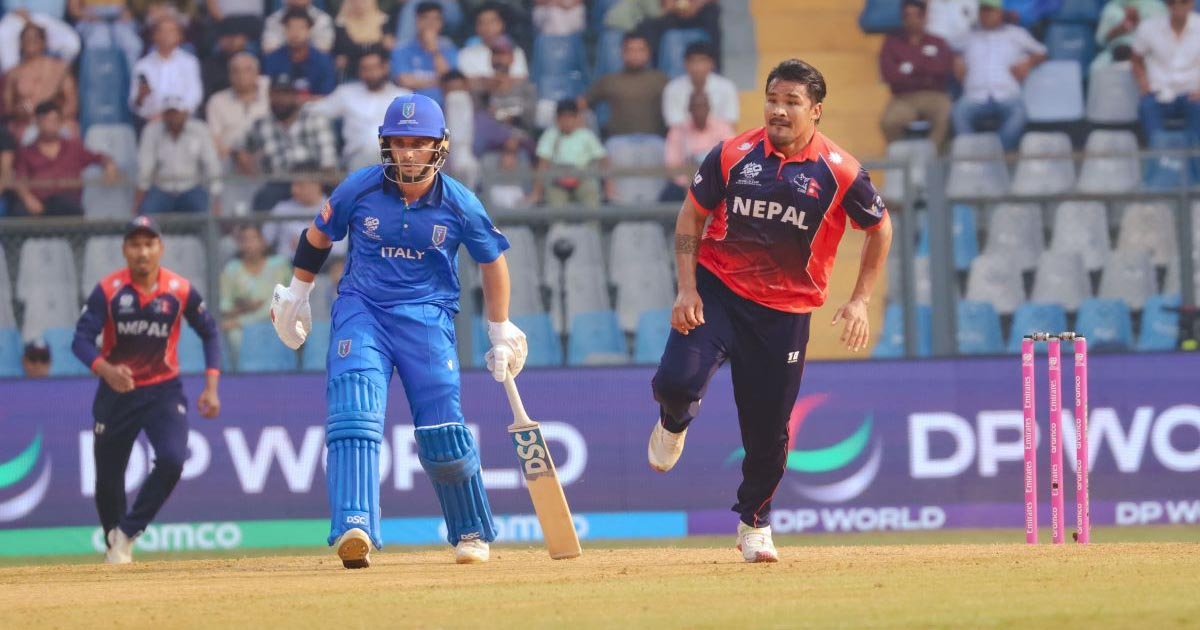
Russian President Vladimir Putin will travel to North Korea on Tuesday to meet with leader Kim Jong Un in a high-profile visit that will showcase their deepening ties.
AFP takes a look at what we know:
Why are North Korea and Russia friends?
When it was founded in the aftermath of the Second World War, North Korea became close to the Soviet Union.
The USSR's collapse in 1991 left North Korea without a key benefactor, which helped trigger a widespread famine later that decade.
In 2000, shortly after he became president, Putin sought to renew ties, visiting Pyongyang to meet Kim's father, then-leader Kim Jong Il -- becoming the first Russian leader to do so.
Still, in the mid-2000s, as a permanent member of the UN Security Council, Russia supported UN sanctions on North Korea over its nuclear programme.
When Kim Jong Un took over from his father in 2011, he initially tried to strike a balance between Russia and North Korea's other key historic ally, China.
But Russia and North Korea have since drawn closer, with Moscow forgiving most of its ally's debt in 2012, and Kim travelling to Vladivostok near the border in 2019 to meet Putin.
Why visit now?
Since Russia's invasion of Ukraine in 2022, Moscow has become increasingly isolated, and is looking for friends, experts say.
Last year, Kim made a rare overseas trip on his bulletproof train to meet Putin at a Russian spaceport.
South Korea, the United States and Ukraine claimed North Korea was shipping weapons to Russia for use in its war in Ukraine, violating rafts of UN sanctions, in return for technical help with its nascent satellite programme.
North Korea has denied this, calling the claim "absurd" -- even as it thanked Russia for using its UN veto in March to effectively end monitoring of sanctions violations, just as the UN experts were starting to probe alleged arms transfers.
Kim has also ramped up weapons testing, including a flurry of launches this year of cruise missiles, which analysts said North Korea could be supplying to Russia for use in Ukraine.
"During the Cold War, North Korea was always in a position to ask Russia for military and economic assistance," Cheong Seong-chang, of the Seoul-based Sejong Institute, told AFP.
The two countries are "cooperating equally" for the first time, said Cheong, adding it was something of a "honeymoon period" for them.
What's in it for Kim?
For Kim "this visit is a victory", said Leif-Eric Easley, a professor at Ewha University in Seoul.
A summit with Putin will both "upgrade" North Korea's status internationally and "bolster Kim's domestic legitimacy", he said, adding that while Russia could not replace China economically, it showed that "Pyongyang has options".
Kim is expected to greet Putin in person at Pyongyang Sunan International Airport, likely accompanied by Kim Yo Jong, his powerful sister, and his teenage daughter Kim Ju Ae -- who many experts speculate could be North Korea's next ruler.
South Korean news agency Yonhap said that satellite images showed possible signs of a "large structure" being installed in Pyongyang's Kim Il Sung Square -- potentially indicating preparations for a major event or parade were under way.
And the outcomes?
Citing a Kremlin aide, Russian agencies said Monday the two leaders will sign "important documents" during the visit.
This may include a "comprehensive strategic partnership treaty" which will outline future co-operation and deal with "security issues", Kremlin aide Yuri Ushakov was quoted as saying by state-run Russian news agencies.
"North Korea is placing its highest priority on relations with Russia and Russia is reciprocating," the Sejong Institute's Cheong said.
"It is expected that cooperation between the two countries in the military and economic sectors will expand."
What's next?
Ahead of the visit, North Korea has not conducted any major weapons tests -- or floated trash-filled balloons into South Korea in revenge for similar missives sent northwards by activists, as it has in recent days.
But the calm will not last long, Cheong said.
Emboldened by Putin's visit, Kim is likely to "switch to a hard-line mode against the South after Putin leaves".
Experts have said that during Putin's visit, North Korea will likely push to export more war materials for use in Ukraine, in exchange for importing food and energy from Russia.
"For now at least, Putin's war in Ukraine sets up an 'axis of transactionalism' among sanctions violators looking to trade yesterday's weapons for today's military technology," Ewha University's Easley said.
-AFP


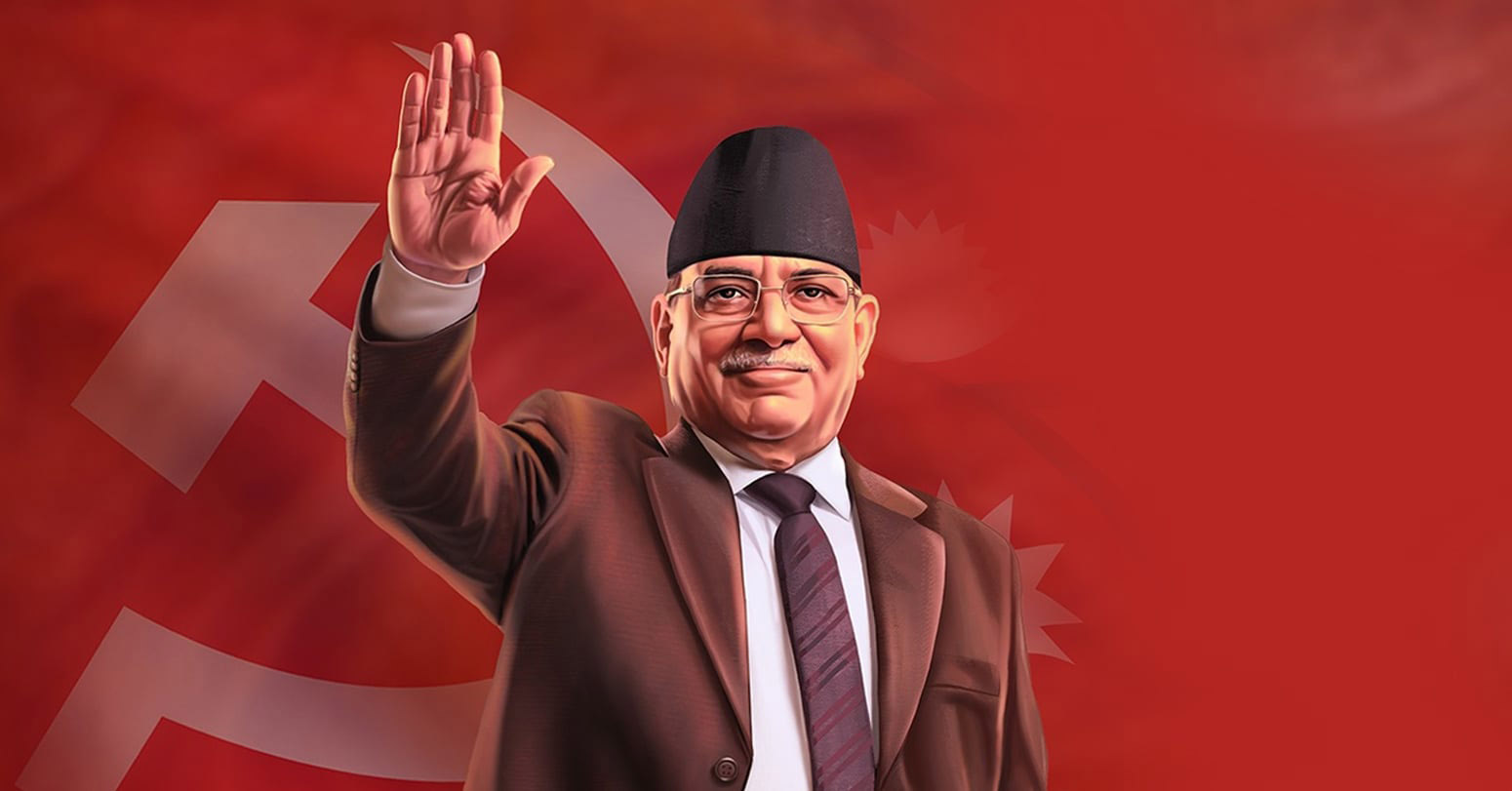


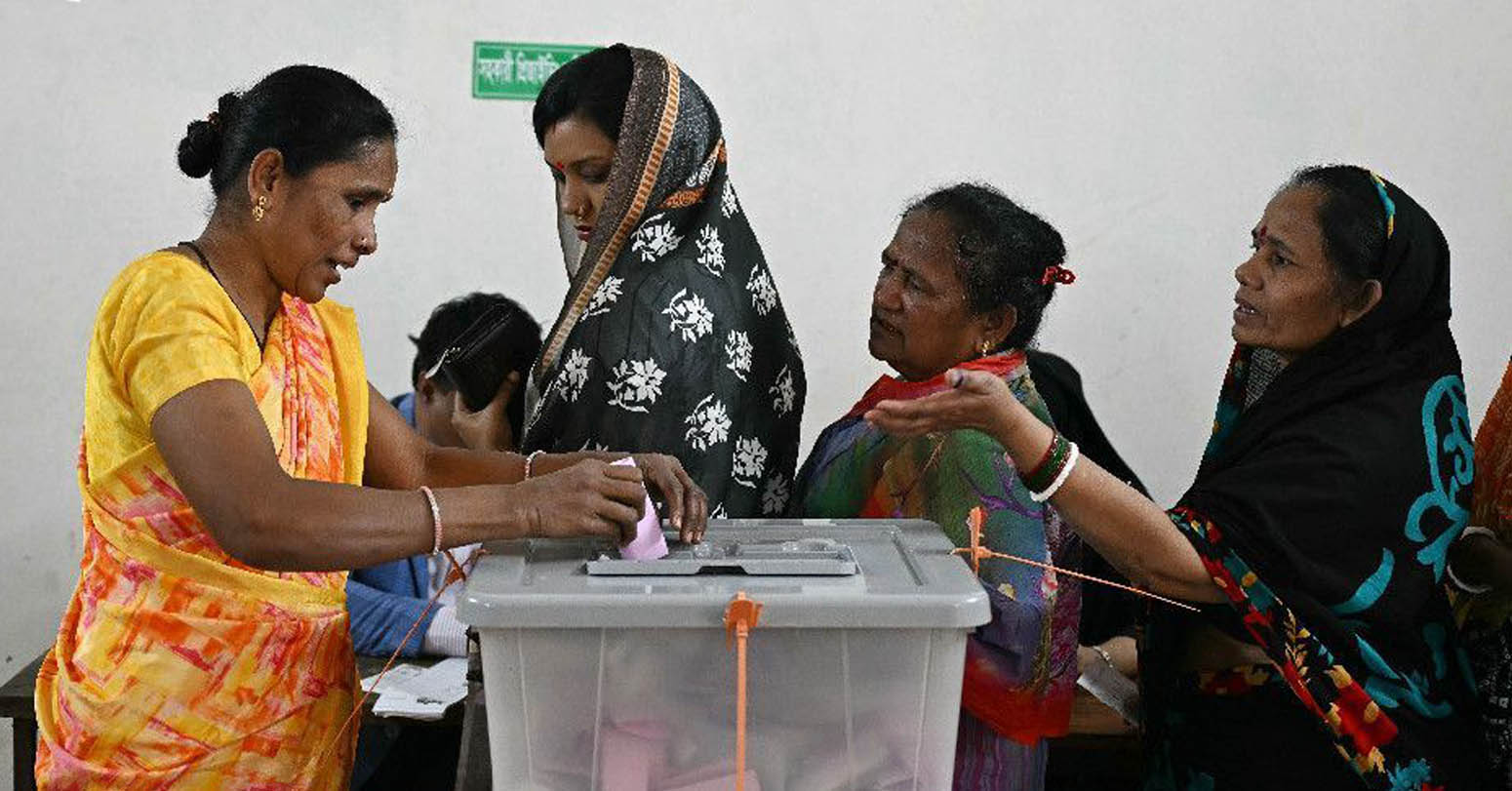
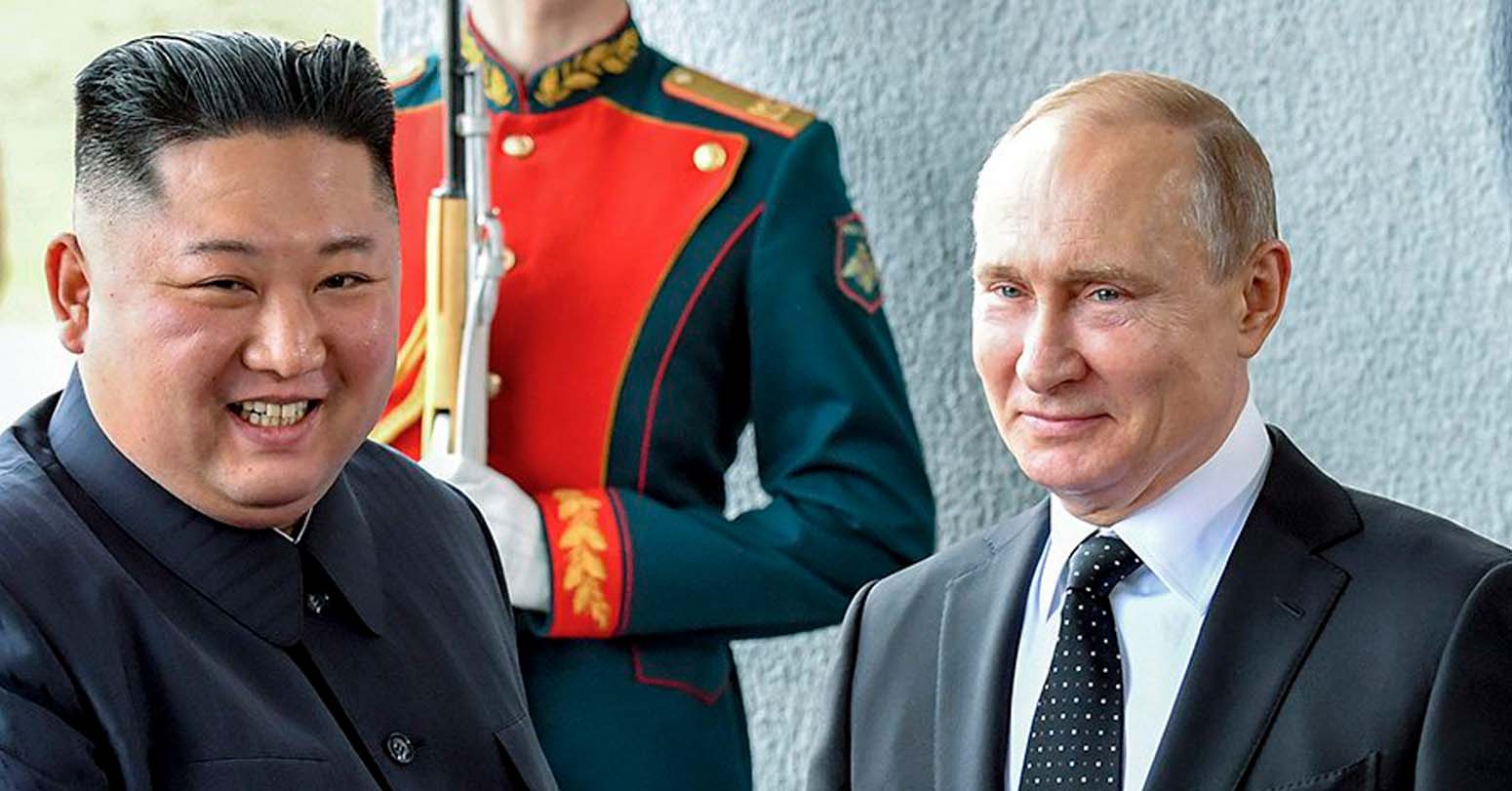
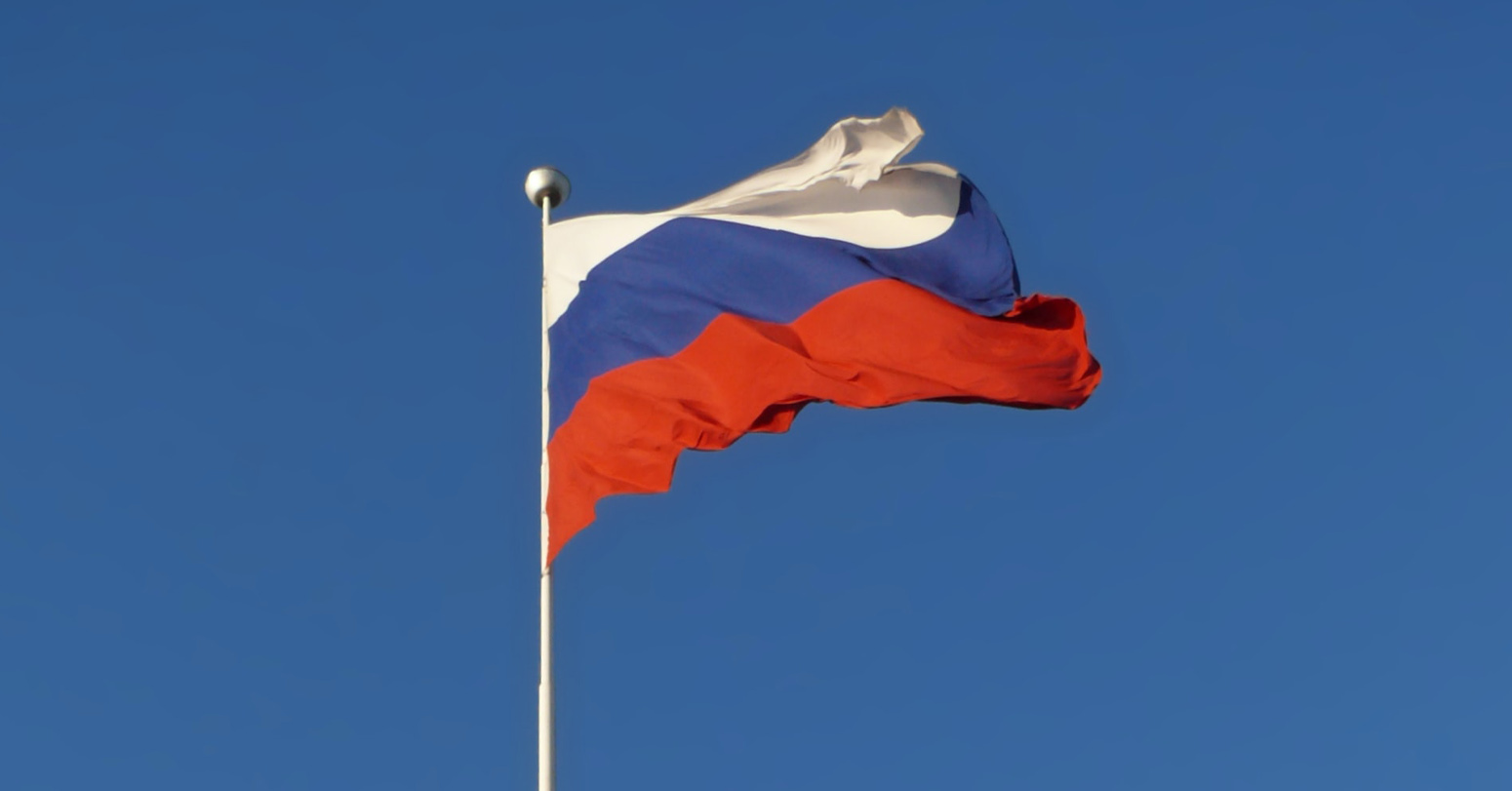

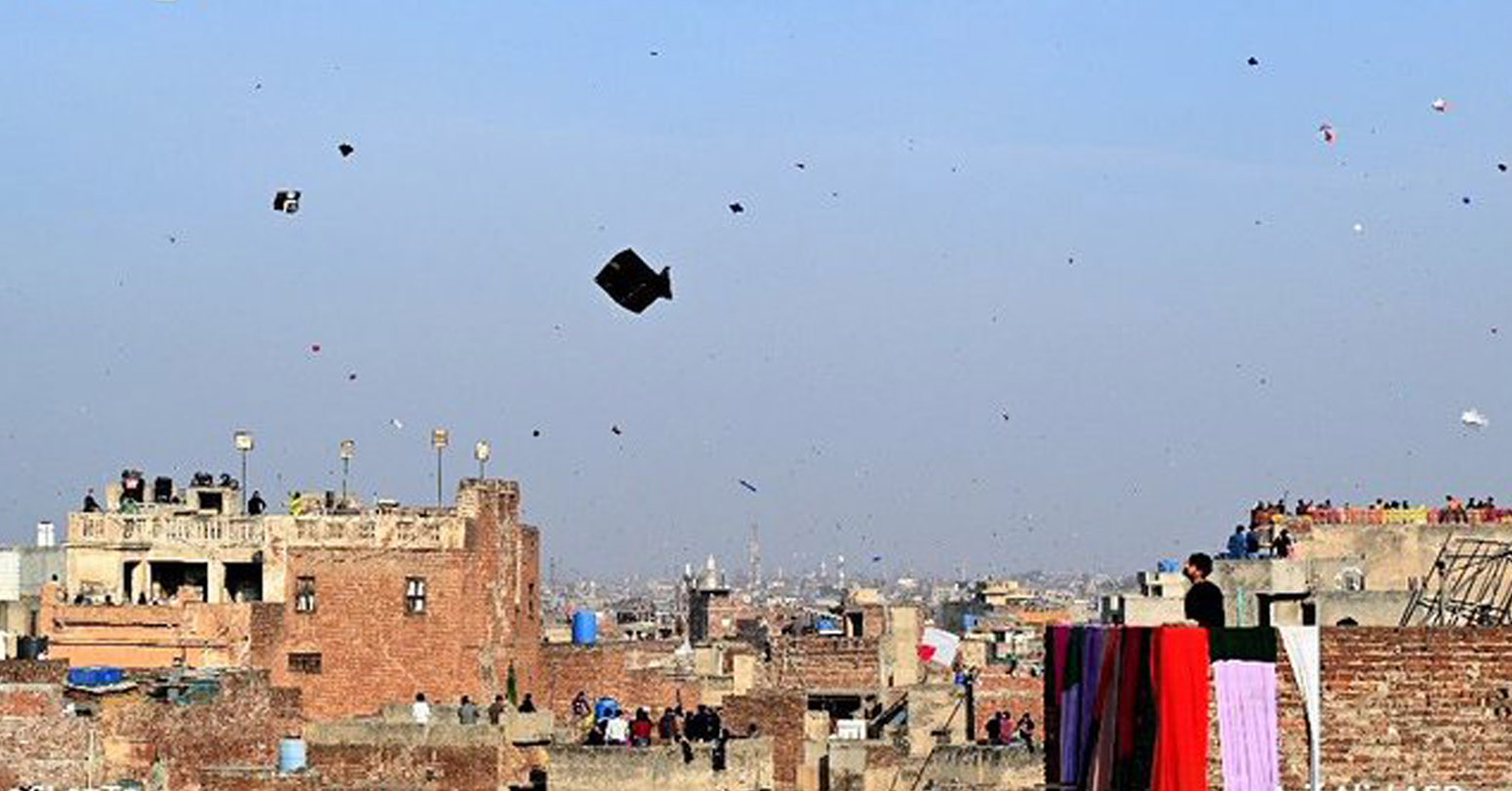

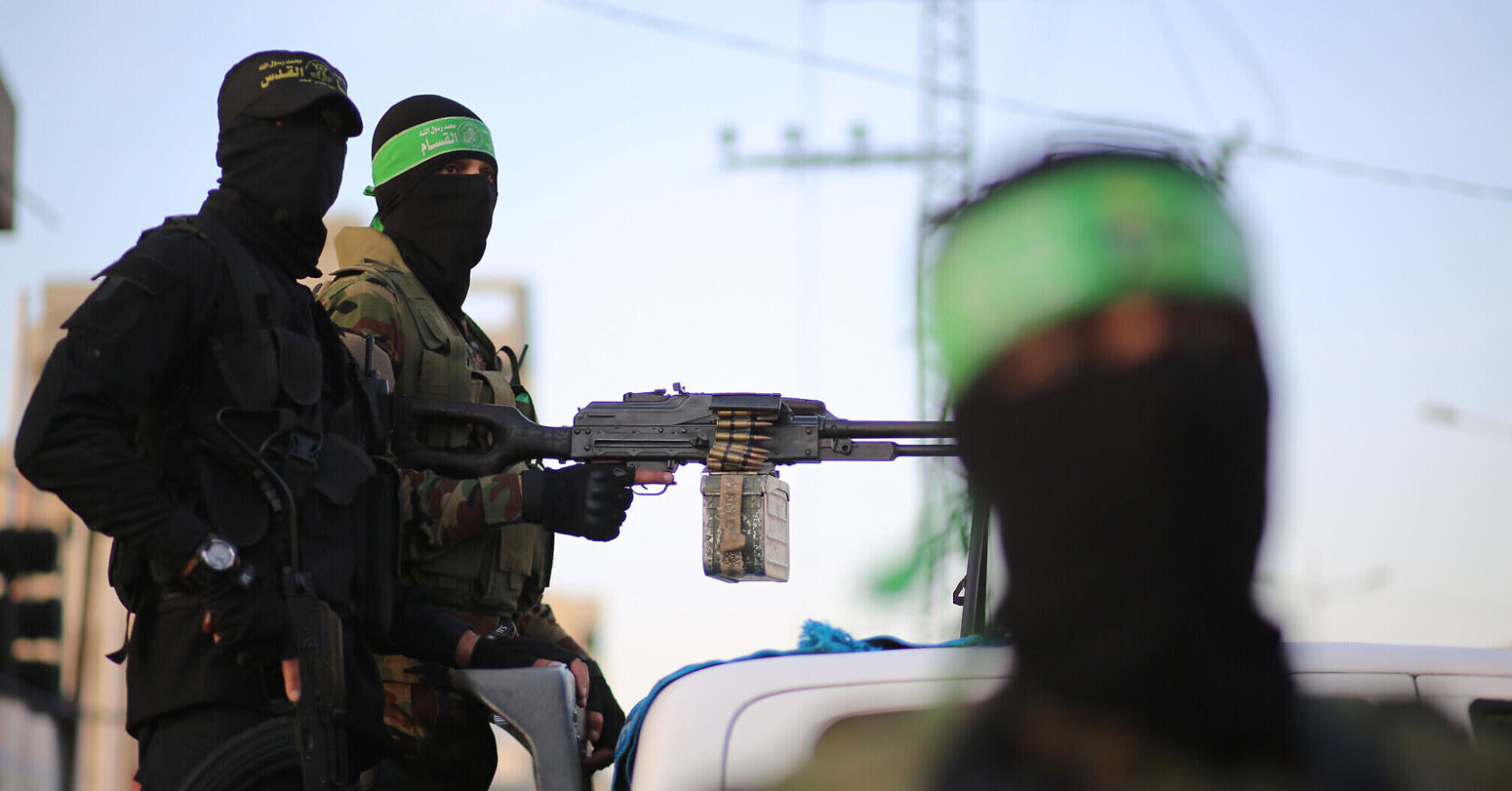
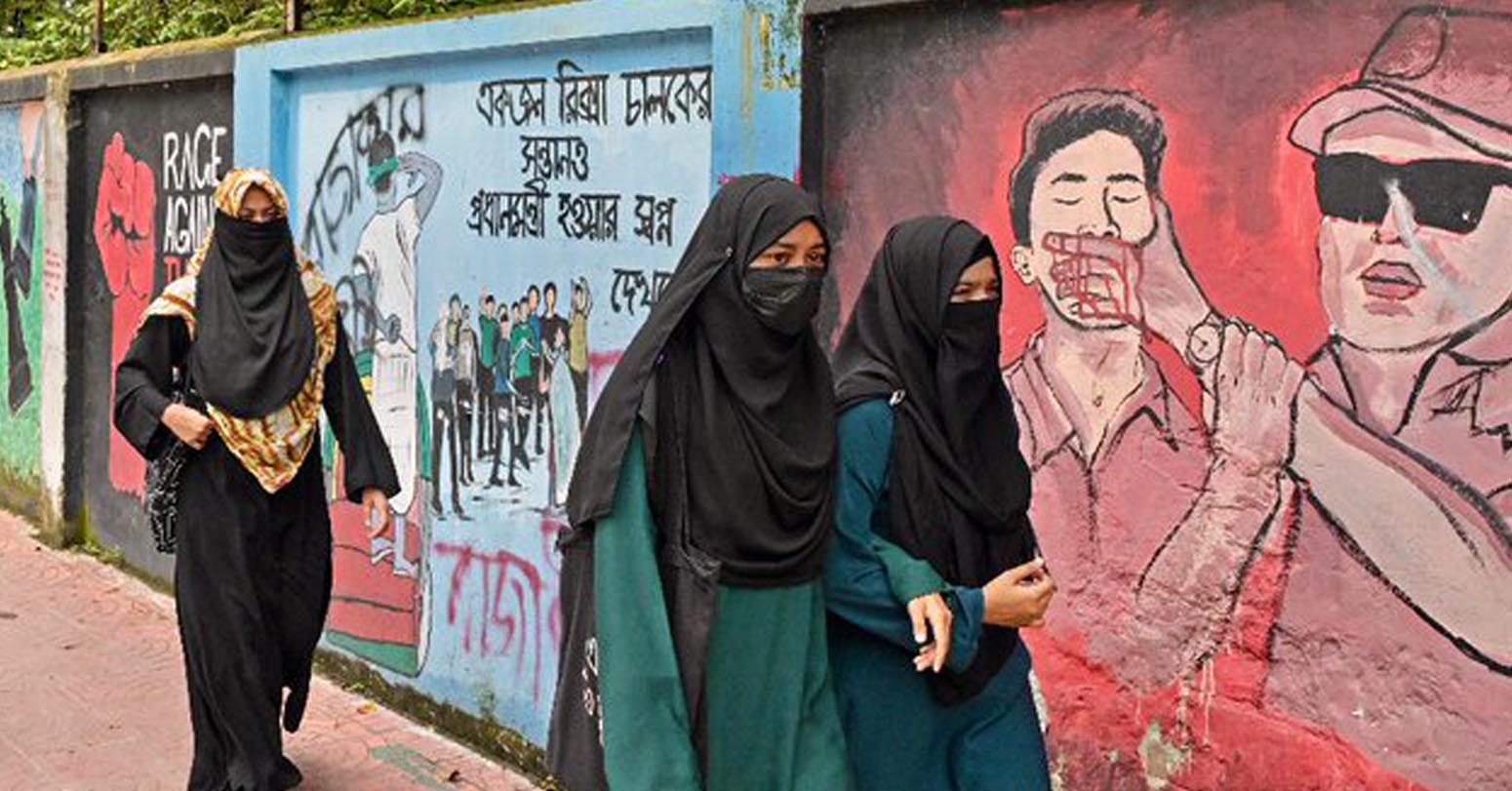



Middle-aged man spends millions to
Dr. Dharam Raj Upadhyay: Man
Children, Greatest Victims Of Sudan’s
Breathing The Unbreathable Air
Comprehensive Data Protection Law Critically
Gender Differences In Mental Healthcare